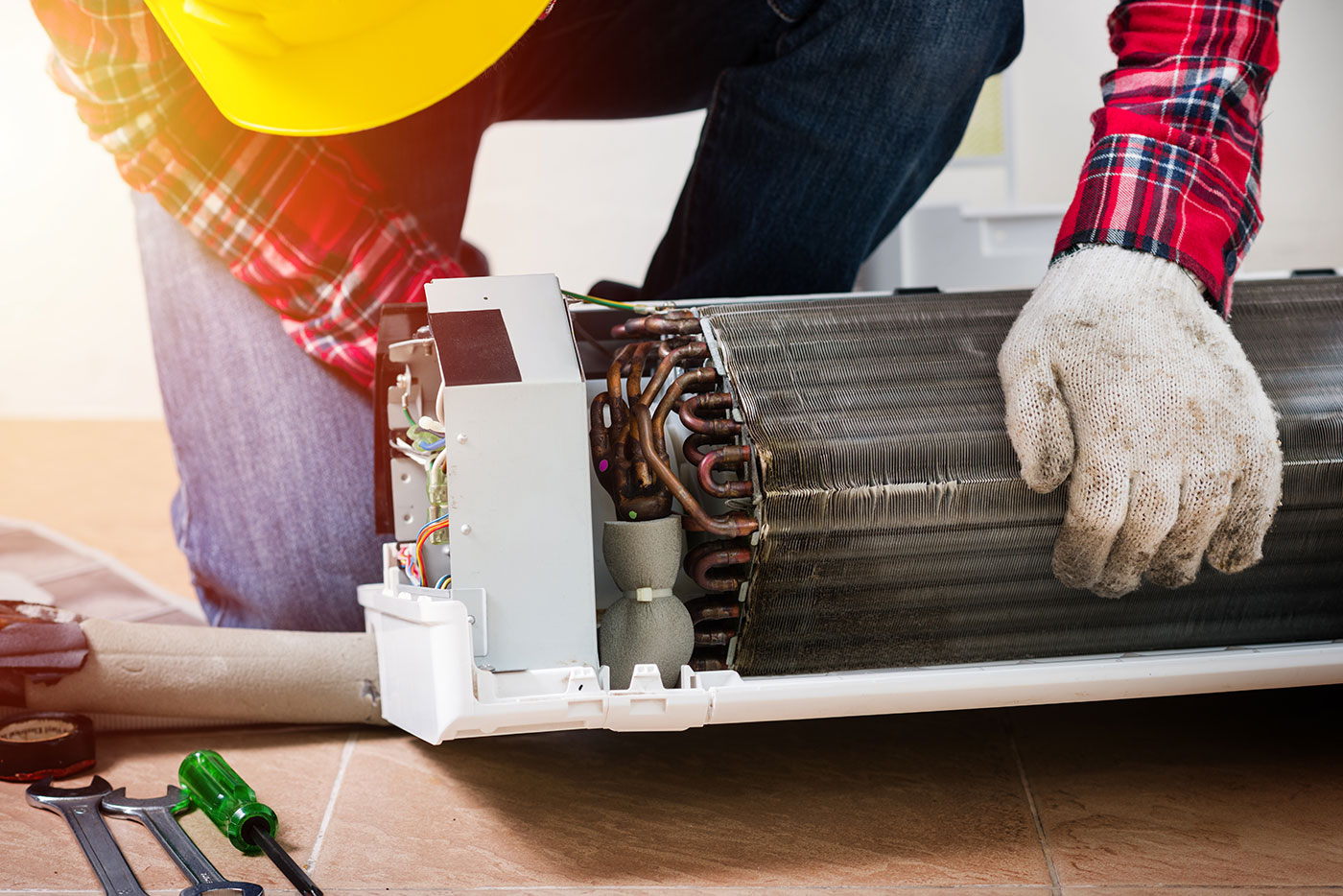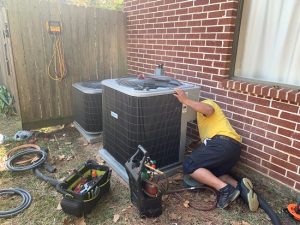When the sweltering heat of summer arrives, your air conditioner becomes your best friend. It works tirelessly to keep your home cool and comfortable. But have you ever wondered if your faithful air conditioner can overheat?
Understanding How Air Conditioners Work
Before we delve into the possibility of an air conditioner overheating, it’s important to understand how these systems work. Air conditioners use a process of transferring heat from the inside of a building to the outside, thereby cooling the indoor air. This process involves the circulation of refrigerant, compression, and condensation, all of which occur within the system’s components.
Possible Causes of Air Conditioner Overheating
While air conditioners are designed to withstand high temperatures and consistent use, several factors can contribute to the risk of overheating. Let’s explore some of the potential causes:
1. Poor Airflow
Restricted airflow can lead to the buildup of heat within the system. This can result from a clogged air filter, blocked vents, or obstructed outdoor unit. When the airflow is restricted, the system has to work harder to cool the air, increasing the risk of overheating.
2. Refrigerant Issues
Inadequate levels of refrigerant or refrigerant leaks can disrupt the heat transfer process in the air conditioner. This can cause the system to overheat as it struggles to maintain the desired cooling effect.
3. Electrical Problems
Issues with the electrical components, such as faulty wiring or malfunctioning capacitors, can lead to overheating. Electrical problems can cause the system to work unevenly or excessively, resulting in overheating of specific parts.
4. Excessive Outdoor Temperature
During heatwaves or exceptionally hot weather, air conditioners may face challenges in dissipating heat effectively, especially if the outdoor temperature exceeds the system’s design limits.
Consequences of Air Conditioner Overheating
When an air conditioner overheats, it not only compromises its immediate cooling performance but also poses potential risks to the system itself. Continuous overheating can lead to various issues, including:
- Component Failure: Overheating can cause components such as the compressor, fan motors, or capacitors to fail, leading to costly repairs.
- Reduced Efficiency: An overheated system may struggle to maintain the desired indoor temperature, resulting in reduced energy efficiency and higher utility bills.
- Shortened Lifespan: Excessive overheating can significantly shorten the lifespan of an air conditioner, necessitating premature replacement.
Preventing Air Conditioner Overheating
Fortunately, there are several measures you can take to prevent your air conditioner from overheating and ensure its optimal performance:
1. Regular Maintenance
Scheduling routine maintenance, including air filter changes, coil cleaning, and system inspections, can help identify and address potential overheating issues before they escalate.
2. Adequate Airflow
Ensure that the air vents are unobstructed and the outdoor unit has sufficient clearance for proper airflow. Keep the area around the outdoor unit free from debris and vegetation.
3. Refrigerant Checks
Regularly check the refrigerant levels and look for signs of leaks. If you notice any irregularities, promptly contact a qualified HVAC technician to address the issue.
4. Temperature Considerations
Be mindful of extreme outdoor temperatures and consider providing shade for the outdoor unit if it is consistently exposed to direct sunlight.

Credit: columbiahvac.net
Conclusion
While air conditioners are designed to withstand high temperatures, they are not immune to overheating. Understanding the potential causes and consequences of air conditioner overheating can empower you to take proactive measures to protect your system. By prioritizing maintenance and implementing preventive strategies, you can help your air conditioner beat the heat and continue keeping you cool and comfortable.

